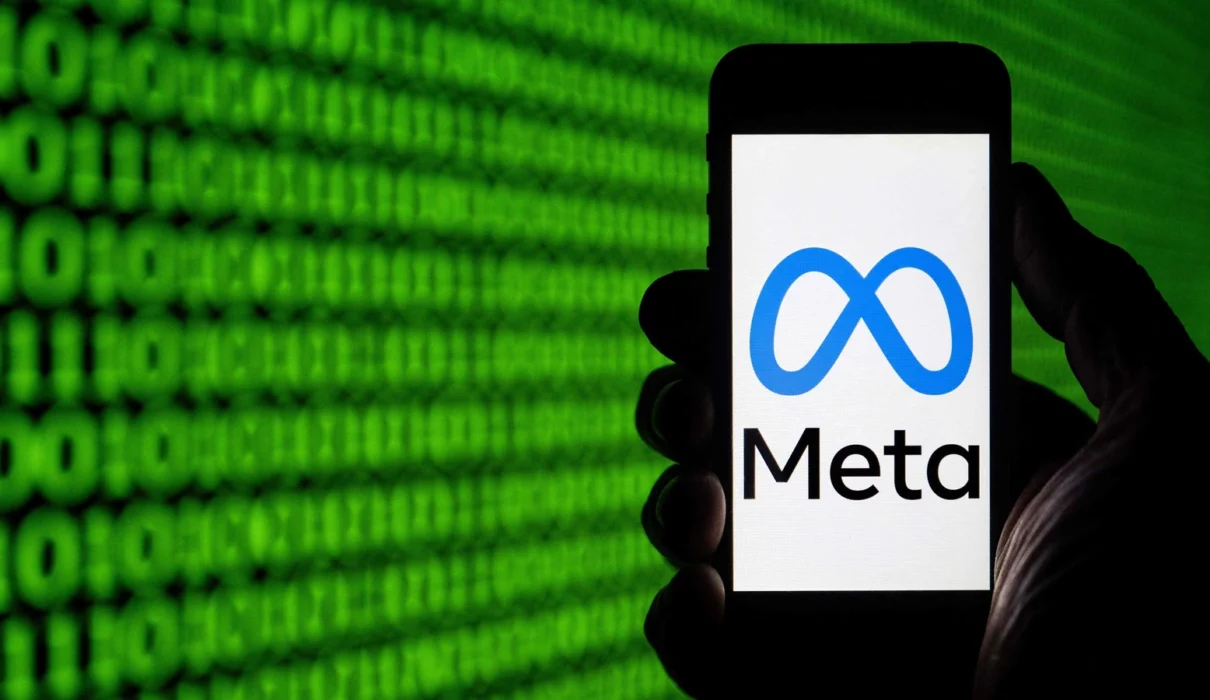Meta Partially Prevails in CCI Antitrust Case: WhatsApp Data Sharing Allowed, ₹213 Crore Fine Retained
Tech Giant Secures Relief on Data-Sharing Restriction but Faces Financial Penalty for Anti-Competitive Practices
Meta Platforms, the parent company of WhatsApp, achieved a partial victory in India on January 23, 2025, in a long-standing antitrust case. A tribunal court overturned the Competition Commission of India’s (CCI) directive barring WhatsApp from sharing user data with other Meta-owned platforms until 2029. However, the tribunal upheld the ₹213 crore fine imposed on WhatsApp, citing abuse of market dominance and unfair practices.
This mixed ruling reflects India’s determined stance on regulating tech companies while allowing operational flexibility in the rapidly evolving digital economy.
The Origin of the Dispute: WhatsApp’s 2021 Privacy Policy
The controversy dates back to 2021 when WhatsApp introduced a revised privacy policy that permitted the sharing of user metadata with Meta’s ecosystem, including Facebook and Instagram. The policy was marketed as a way to enhance user experience through personalized ads and improved integration across Meta platforms.
However, the update faced widespread backlash, with users and privacy advocates accusing WhatsApp of leveraging its dominant position to impose exploitative terms. The CCI initiated a probe, alleging that the policy violated competition laws and compromised consumer rights.
In November 2024, the CCI imposed a ₹213 crore fine on WhatsApp and ordered a halt to data-sharing practices until 2029, citing abuse of its monopoly in the OTT messaging market.
Tribunal’s Decision: Balancing Business and Regulation
The tribunal court’s decision delivered a mixed outcome for Meta.
Overturned Data-Sharing Ban: The tribunal lifted the prohibition on data sharing between WhatsApp and other Meta platforms. It argued that the directive was disproportionate and could disrupt Meta’s global operations. This decision enables Meta to continue leveraging its integrated ecosystem for advertising revenues.
Upheld ₹213 Crore Fine: The court retained the financial penalty, affirming the CCI’s findings of anti-competitive practices. The fine signals that India is serious about curbing monopolistic behavior in the digital marketplace.
Meta’s Position in India’s Digital Ecosystem
India is one of Meta’s largest markets, with over 500 million active WhatsApp users. The tribunal’s ruling provides a much-needed reprieve for the tech giant to maintain its business model, which heavily relies on cross-platform data integration. However, the upheld fine serves as a reminder of the growing regulatory scrutiny in India.
This decision underscores the importance of compliance with local laws and highlights the challenges faced by global companies operating in diverse jurisdictions.
India’s Regulatory Landscape for Big Tech
India has emerged as a significant player in shaping global tech policy. The government is tightening regulations to protect consumer rights, ensure data privacy, and promote fair competition. The Meta-CCI case exemplifies the country’s efforts to strike a balance between fostering innovation and holding corporations accountable.
By upholding the fine but allowing data sharing, the tribunal has sent a clear message that India welcomes tech investments but will not tolerate exploitative practices. This pragmatic approach could serve as a model for other countries grappling with similar issues.
Implications for the Global Tech Industry
The tribunal’s decision is likely to influence how other tech companies approach data privacy and competition in India. It highlights the growing regulatory complexity in large digital economies and underscores the need for multinational corporations to adapt to local legal frameworks.
For Meta, this case is a wake-up call to prioritize transparency and build trust with regulators and consumers alike. By doing so, the company can navigate challenges while sustaining its growth in one of its most critical markets.
A Pivotal Moment for Tech Regulation in India
Meta’s partial victory in the CCI antitrust case marks a turning point in India’s digital regulatory environment. While the company can continue sharing user data within its ecosystem, the ₹213 crore fine reinforces the importance of fair practices.
As India asserts itself as a global leader in digital governance, the outcomes of such cases will shape the future of tech regulation. For Meta and other industry players, the path forward lies in fostering innovation while adhering to the principles of fairness and accountability.v


